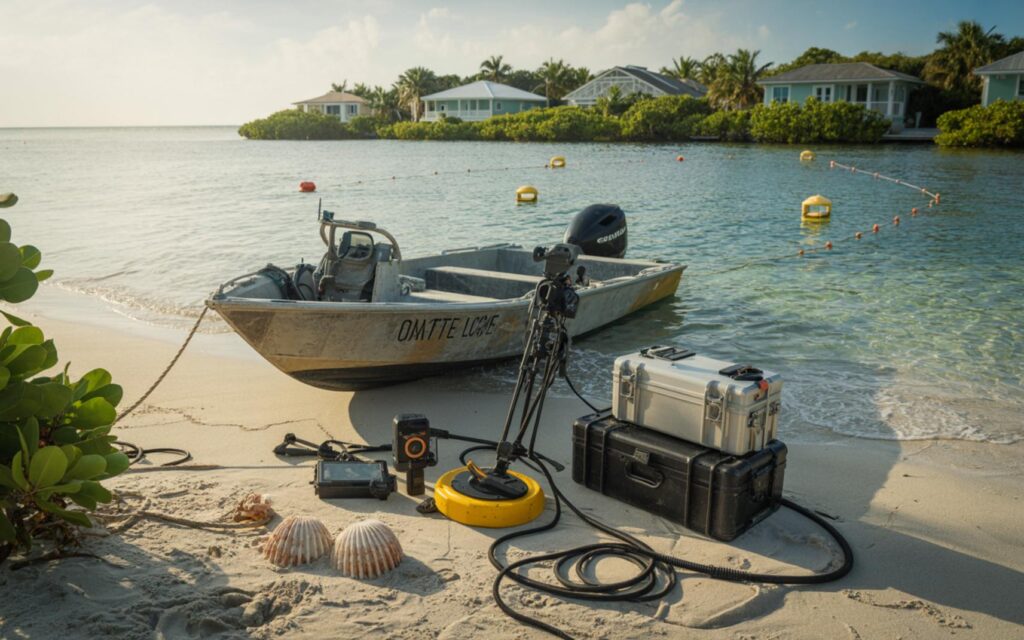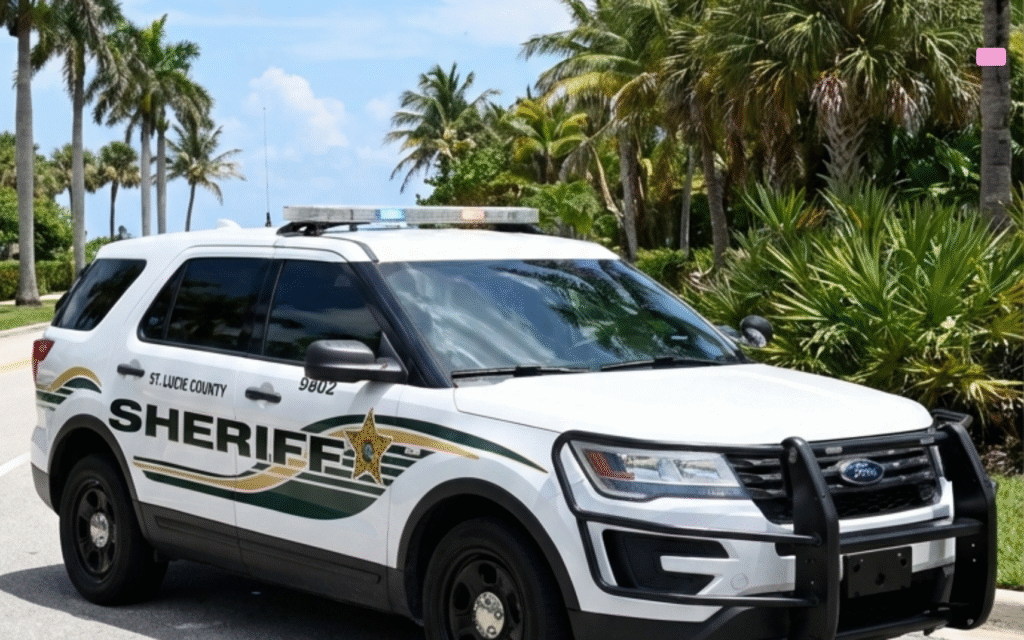The 1715 Fleet treasure recovery has brought renewed attention to Florida’s Treasure Coast, as over $1 million in gold and silver artifacts were recovered during the 2025 summer season. The 1715 Fleet – Queens Jewels, LLC, the exclusive salvage company authorized to recover artifacts from the historic shipwrecks, announced the discovery of more than 1,000 silver coins, five gold coins, and rare gold artifacts from the remains of the legendary Spanish fleet.
1715 Fleet Treasure Recovery: Background and Historical Significance
The 1715 Fleet consisted of eleven Spanish ships that set sail from the New World to Spain, carrying gold, silver, and jewels. On July 31, 1715, a hurricane struck off the coast of Florida, sinking all but one ship. According to historical records, the estimated value of the lost treasure exceeds $400 million, with much of it still unrecovered beneath the sands of the Treasure Coast.
The cargo included not only registered wealth but also undocumented contraband, suggesting the actual value lost may be even higher. The term Queen’s Jewels refers to a portion of the treasure, including jewelry and precious stones intended as a dowry for the Spanish queen. Much of this specific treasure remains undiscovered, fueling ongoing searches and public fascination.
Details of the 2025 Treasure Recovery Operation
During the 2025 summer season, Queens Jewels, LLC recovered more than 1,000 silver coins known as Reales, five gold coins called Escudos, and several rare gold artifacts. The total estimated value of these finds exceeds $1 million, making it the largest recovery since 1990.
Many of the coins still display visible mint marks from Spanish colonial mints such as Mexico, Peru, and Bolivia. These artifacts are undergoing careful conservation and are planned for public display in local museums, offering both monetary and historical value.
Salvage Rights and Legal Status
Queens Jewels, LLC obtained exclusive salvage rights to the 1715 Fleet remains in 2010 after a series of legal proceedings. Their operations are governed by federal admiralty law. According to official sources, the Spanish government has not pursued claims on the wreck, and the legal ownership of the recovered artifacts is clear under United States law.
Methods Used in Treasure Recovery
The operation employs advanced underwater metal detection and manual excavation techniques. Artifacts are often buried under centuries of sand and silt, making recovery both challenging and rare. The 2025 recovery highlights the difficulty of such finds and the expertise required for successful maritime archaeology.
Historical and Cultural Impact of the 1715 Fleet Discoveries
The coins and artifacts recovered from the 1715 Fleet provide valuable insights into the Spanish colonial era and maritime trade. Experts emphasize that these discoveries serve as tangible links to the people and stories of the Spanish Empire’s Golden Age.
The ongoing search is motivated by both historical curiosity and the potential for further significant finds. Large portions of the original treasure remain undiscovered, and each new recovery adds to the understanding of the fleet’s history and the broader context of transatlantic trade.
Public Interest and Future Prospects
The success of the 2025 season has renewed interest in maritime archaeology and treasure hunting along Florida’s coast. Local museums are preparing to display the newly recovered artifacts, and expectations are high for further discoveries in upcoming seasons.
The 1715 Fleet treasure recovery continues to attract attention from historians, archaeologists, and the public, highlighting the enduring allure of lost treasure and the importance of preserving maritime heritage.
Frequently Asked Questions About 1715 Fleet Treasure Recovery
What is the 1715 Fleet treasure recovery?
The 1715 Fleet treasure recovery refers to efforts to locate and recover gold, silver, and artifacts from Spanish ships that sank off Florida’s Treasure Coast in 1715. Salvage teams search the ocean floor for coins, jewelry, and other items lost during the hurricane that destroyed the fleet.
How much treasure was found during the 2025 season?
During the 2025 summer season, over 1,000 silver coins, five gold coins, and several rare gold artifacts were recovered. The total estimated value of these finds is more than $1 million, according to official reports.
Are there still unrecovered treasures from the 1715 Fleet?
Yes, large portions of the original treasure remain undiscovered. Experts believe that much of the fleet’s cargo, including the Queen’s Jewels, is still buried beneath the sands off the Treasure Coast.
Can you visit museums to see 1715 Fleet artifacts?
Many artifacts recovered from the 1715 Fleet are conserved and displayed in local museums along Florida’s Treasure Coast. These exhibits allow the public to view coins, jewelry, and other items from the historic shipwrecks.
Where are the 1715 Fleet shipwrecks located?
The shipwrecks of the 1715 Fleet are located off the coast of Florida’s Treasure Coast, which includes areas near St. Lucie County and surrounding regions. Salvage operations focus on these underwater sites where the ships sank during the 1715 hurricane.
































